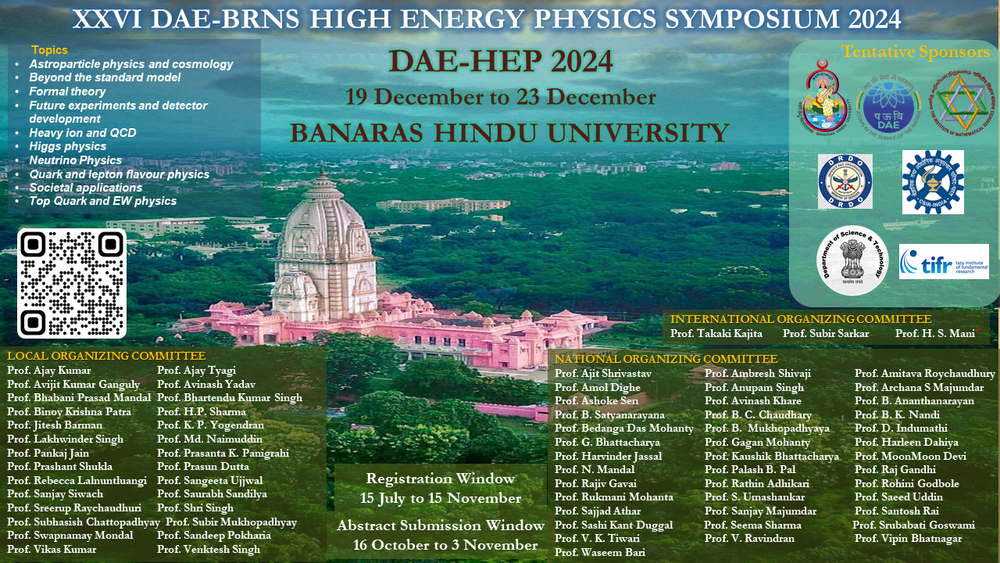Speaker
Description
We review the well-known Hellmann Feynman Theorem [1], originally developed for Hermitian systems to facilitate the calculation of forces among the molecules. Our work extends this foundational theorem to the domain of non-Hermitian quantum mechanics, in particular the PT symmetric non-Hermitian quantum physics [2]. We derive a modified form of the HFT which holds good for both PT broken, unbroken phases and even at the exceptional point of the theory. Several examples for both discrete [3] as well as continuum systems [4] have been considered to test our result. We further consider an example of non-PT symmetric non-Hermitian system to show the validity of the modified theorem [5]. Moreover, we also demonstrate that the modified theory can give rise to a potential numerical advantage for computing the expectation value of many- body operators for interacting many-body Hamiltonian. Finally, we also derive a generalized Virial theorem for non-Hermitian systems using the modified HFT, which potentially can be tested in experiments. Our results will open up then new window to calculate various physical quantities, particularly in the field of molecular dynamics, using HFT in non-Hermitian systems directly.
References:
[1] R. P. Feynman, Phys. Rev. 56, 340 (1939)
[2] C. M. Bender, D. C. Brody, and H. F. Jones, Phys. Rev. Lett. 89, 270401 (2002).
[3] R. Modak and B. P. Mandal, Phys. Rev. A 103, 062416 (2021).
[4] B. P. Mandal, B. K. Mourya, R. K. Yadav, Physics Letters A 377, 1043 (2013).
[5] G. Hajong, R. Modak, B. P. Mandal, Physical Review A 109, 022227 (2024)
| Field of contribution | Theory |
|---|

